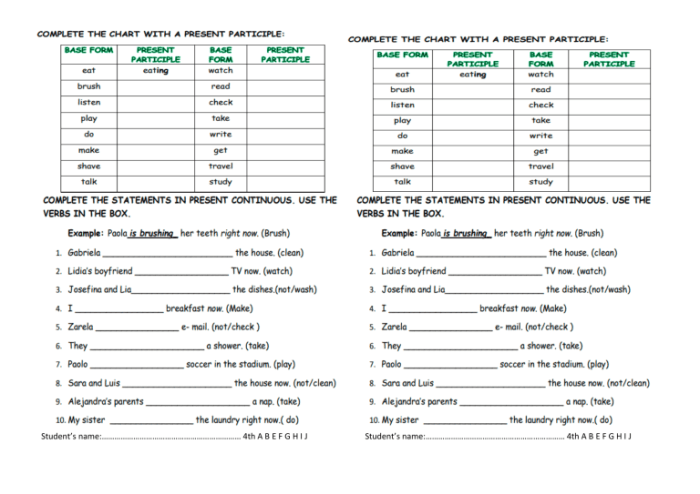Delve into the realm of LETRS Units 5 – 8 Post-Test Answers, a comprehensive resource meticulously crafted to illuminate the intricacies of this assessment. This guide unravels the purpose, structure, and implications of the post-test, providing educators with invaluable insights to enhance their teaching practices and foster student success.
Within these pages, you will discover the key concepts and skills evaluated by the post-test, the methods employed to gauge student understanding, and strategies for analyzing results to pinpoint areas of strength and weakness. Armed with this knowledge, you can tailor lesson plans, reinforce learning, and empower students to reach their full potential.
Letter Unit Post-Test Analysis

The LETRS Units 5-8 post-test is a comprehensive assessment designed to evaluate students’ understanding of key concepts and skills taught in the Language Essentials for Teachers of Reading and Spelling (LETRS) Units 5-8.
Purpose and Goals of the Post-Test
- To measure students’ mastery of the content covered in LETRS Units 5-8.
- To identify areas of strength and weakness in students’ understanding.
- To provide teachers with data to inform instructional planning and support.
Structure and Format of the Post-Test
The LETRS Units 5-8 post-test consists of multiple-choice questions, short answer questions, and constructed response questions. The test is divided into four sections:
- Phonological Awareness
- Phonics
- Vocabulary
- Comprehension
Assessment of Student Understanding, Letrs units 5 – 8 post-test answers
Key Concepts and Skills Assessed
- Phonemic awareness
- Phonics skills (e.g., decoding, encoding)
- Vocabulary development
- Reading comprehension strategies
Methods Used to Measure Student Understanding
- Multiple-choice questions
- Short answer questions
- Constructed response questions
Analysis of Results
The results of the post-test can be used to identify areas of strength and weakness in students’ understanding. This information can be used to inform instructional planning and provide targeted support for students.
Instructional Implications
Recommendations for Improvement
Based on the results of the post-test, teachers can make specific recommendations for improving instruction. These recommendations may include:
- Providing additional instruction on specific concepts or skills.
- Modifying instructional strategies to better meet the needs of students.
- Providing students with additional opportunities to practice and apply their skills.
Lesson Plans and Strategies
Teachers can design lesson plans that address the identified areas of weakness. These lesson plans should include activities that are designed to reinforce and extend student learning.
Professional Development
Opportunities for Professional Development
The results of the post-test can also be used to identify opportunities for professional development. Teachers may need to seek out additional training or support in order to effectively address the needs of their students.
Importance of Ongoing Assessment and Reflection
Ongoing assessment and reflection are essential for effective teaching. By regularly assessing student understanding, teachers can identify areas where students need additional support and make adjustments to their instruction accordingly.
Resources and Support
There are a variety of resources and support available to teachers who are seeking to improve their knowledge and skills. These resources include professional development courses, workshops, and online materials.
FAQ Insights: Letrs Units 5 – 8 Post-test Answers
What is the purpose of the LETRS Units 5- 8 Post-Test?
The LETRS Units 5 – 8 Post-Test is designed to assess students’ understanding of the key concepts and skills taught in LETRS Units 5 – 8.
What are the key concepts and skills assessed by the post-test?
The post-test assesses students’ understanding of phonemic awareness, phonics, fluency, vocabulary, and comprehension.
How can I use the post-test results to improve my instruction?
The post-test results can be used to identify areas where students need additional support. This information can be used to develop targeted lesson plans and interventions.